Introduction to Master of Charity and Social Organization Management
To seek the potentials and respond to the increasing demands of talents due to the recent growth and development of social, charitable and philanthropic organizations in China and Macau, our university set up this ‘charity and philanthropy management program in 2011; further renamed it as “Master of Charity and Social Organization Management” in 2020. The program takes two years to complete.
The program aims to prepare graduates for leadership and professional roles equipped with solid theoretical knowledge and practical experiences in charity and social organization management.
Students in this program need to complete the following courses (45 credits in total), including eight required courses (24 credits), three elective courses (9 credits), and the thesis (12 credits). Eight required courses provide both the theoretical and practical overview of charity, philanthropy and social organization management. Three elective courses focus on operationalizing knowledge gained through the program.
There are many career choices for the graduates, such as doing advanced research in charity, philanthropy, and social organization management, and participating in different kinds of charity and philanthropy institutions and social organizations (e.g., government departments, large-scale companies) to engage in management related work, and so on.
Learning Goals and Learning Objectives
LG1. Students demonstrate solid knowledge and skills in in business and economy management.
LG1.1 Students have mastering of intermediate-level knowledge and skills in general business and economics study.
LG1.2 Students demonstrate solid knowledge and skills in prescribed and self-chosen specialized areas of business and economics study.
LG2. Demonstrate intermediate critical thinking and analytical skills in solving business-and-economy problems.
LG2.1 Students are able to identify and define problems and opportunities in specialized areas of business and economics.
LG2.2 Students demonstrate intermediate analytical skills by collecting business data and information and applying appropriate quantitative techniques.
LG2.3 Students are able to interpret the result of data and information analysis and make recommendations relating to the business strategy and economy policies in specialized areas.
LG3. Students demonstrate strong oral and written communication skills.
LG3.1 Students are able to communicate clearly and effectively orally in a logical, coherent, organized manner and in a suitable register.
LG3.2 Students are able to communicate clearly and effectively in writing in a logical, coherent, organized manner and in a suitable register.
LG3.3 Students can select and apply appropriate multimedia and visual aids to promote their presentations effectively.
LG4. Have a strong ethical perspective and solid understanding about how to behave ethically in business and economy environment.
LG4.1 Students demonstrate solid knowledge of ethical conduct and legal setting in business and economy environment.
LG4.2 Students are able to recognize ethical dilemmas in business operation and economy environment, and to apply an ethical model to propose and defend a resolution in specialized fields.
LG4.3 Students demonstrate solid knowledge of corporate social responsibilities and capability of applying models of sustainable development to propose and defend a resolution.
LG5. Demonstrate global and multicultural perspectives.
LG5.1 Students understand, appreciate, respect and/or work well with other cultures and international diversity.
LG5.2 Students demonstrate good understanding of globalization of business and economy, being able to integrate the implication of globalization into decision-makings in their major areas.







